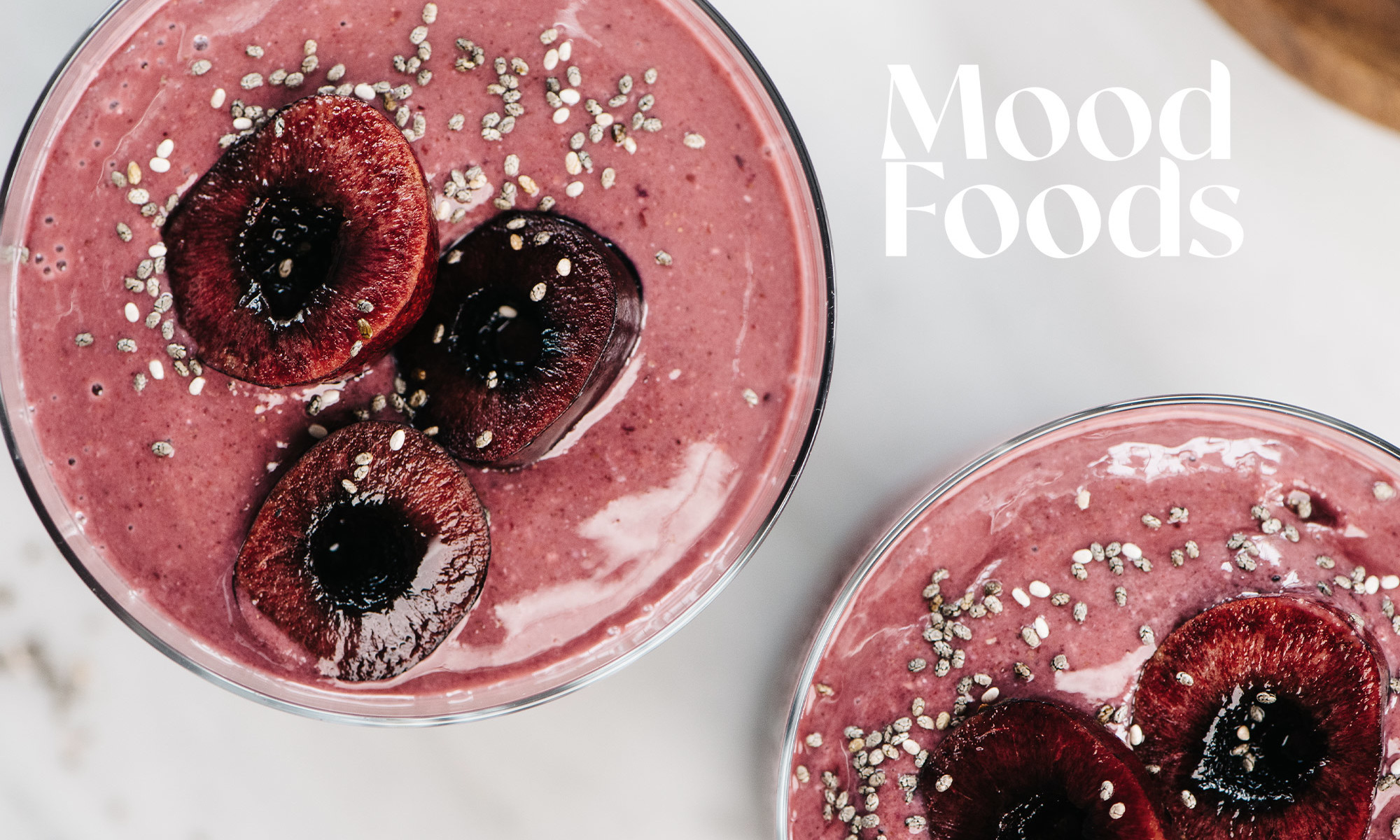Many Colon Cancer Cases Are Preventable—6 Ways To Reduce Your Risk Today
Almost half of these cancer cases can be prevented through diet.

Advertisement
This ad is displayed using third party content and we do not control its accessibility features.

Registered Dietitian Nutritionist
Registered Dietitian Nutritionist
Molly Knudsen, M.S., RDN is a Registered Dietician Nutritionist with a bachelor’s degree in nutrition from Texas Christian University and a master’s in nutrition interventions, communication, and behavior change from Tufts University. She lives in Newport Beach, California, and enjoys connecting people to the food they eat and how it influences health and wellbeing.
Image by Jill Chen / Stocksy August 17, 2024 You may think of cancer as an age-related disease, but it very much affects young people—especially colon cancer. This cancer is now the leading cause of cancer-related deaths for men under 50 and is the second leading cause for women under 50 (behind breast cancer). And its prevalence is only rising. Estimates show that by 20301, colon cancer diagnoses are expected to increase by 90-124% for those 20-34 years of age and by 28-46% for those 35 to 49 years of age. One reason for this is that there is a big lifestyle and environmental component to the disease. In fact, data suggests that around 50% of colon cancer cases2 can be prevented through lifestyle modifications. And as cancer can take decades to progress, it's never too early to start to think about prevention. Here's what you need to know about colon cancer and six habits that could help lower your risk.
The quick facts on colon cancer
Before we dive into research-backed ways to help prevent colon cancer, let's align on the basics:
While research is still evolving, here's what we know so far about the lifestyle habits that could help lower your likelihood of developing colon cancer:
1.
Maintain a healthy body composition
While carrying excess body weight4 in general is a known risk factor for colon cancer, the accumulation of belly fat in particular may be a more poignant driver. A 2017 systematic review and meta-analysis found that having a higher waist circumference was associated with a 53% increased risk of colon cancer5.
That's because it puts the body in a state of low-grade inflammation6 and is often accompanied by changes in the gut microbiome as well as elevated levels of cholesterol, blood sugar, and insulin. This dysregulated environment can fuel abnormal cell growth.
Improving body composition often refers to losing fat and gaining muscle. Increasing protein intake and incorporating strength training into your routine are two effective, science-backed ways to do just that. Both stimulate muscle protein synthesis and can help muscle growth.
Having more lean mass means you burn more calories at rest. Pair that with a high-protein diet that helps you feel full and satisfied after a meal, and it creates a favorable environment for a calorie deficit (and it guarantees you lose fat and not muscle).
Working with a credentialed professional like a registered dietitian or personal trainer can be extremely helpful in developing a personalized plan on how you can best accomplish this.
Eating a high-fiber diet is good for colon health, but many of us are falling really short of the recommended fiber intake. The average American only consumes about 16 grams a day7, while women need at least 21-28 grams a day8 (more during pregnancy and breastfeeding), and men need 30-38 grams (although even more may be better).
Fiber is good for the colon because it positively influences the microbes that reside there—and gut microbiome composition has been linked to colon cancer. Fiber is also primarily found in fruits and vegetables and offers a slew of other benefits, like polyphenols and antioxidants that are good for the gut.
3.
Limit processed meats (& cooking time)
The World Health Organization classifies processed meats (ones that have been salted, cured, or smoked) as a type 1 carcinogen9.
This means there is substantial evidence linking consumption of these foods to cancer. An analysis of 10 studies estimates that every 50-gram (or 1.8-ounce) portion of processed meat consumed daily increases the risk of colorectal cancer by 18%10.
Cooking time and method of all animal proteins matter. When cooked at high temperatures, certain chemicals are formed in the meat, and those have been linked to colon cancer.
Studies indicate that high consumption of well-done, fried, or barbecued meats is associated with increased risks of colorectal cancer (as well as pancreatic and prostate cancer).
So keep processed meat consumption as minimal as possible. Unprocessed meat and poultry, on the other hand, are great sources of high-quality protein. While these foods can easily be incorporated into a healthful diet, it's likely best to not completely char them and to balance your plate with plenty of vegetables and whole grains.
4.
Move more during the day
Getting more physical activity on a daily (and even weekly basis) has been linked to a lower risk of colon cancer time and time again. Some studies show that those who participated in more than seven hours of physical activity a week had a 40% lower risk11 of colon cancer.
This activity could be recreational (like walking around the neighborhood) or time spent working out in a gym or fitness studio. Moving more helps blood sugar control12, improves inflammation, and supports the gut microbiome—all good things for healthy colon function.
5.
Watch your vitamin D intake
A 2021 pooled analysis of more than 31 studies found that people who had the highest vitamin D intake (through food and supplements) had a 25% lower risk13 of colon cancer than those consuming the least amount of the vitamin.
6.
Add that extra clove of garlic
While research is still evolving, eating more garlic15 is linked to a decreased risk—of around 20-29% depending on the study—of colorectal cancer. That said, other studies have also shown no significant decrease.
Garlic packs a lot of nutritional value in each clove. It contains antioxidants16 that help with detoxification, nourish gut bacteria, quell inflammation, and reinforce immune cells.
So if you're deciding whether or not to throw that extra clove of garlic into your next dish, go for it.
The takeaway
Lifestyle habits strongly influence your risk for colon cancer, and making healthy changes can have a huge payoff decades down the road. Of course, a healthy lifestyle doesn't eliminate all risk of developing colon cancer, and regular screenings are essential for early detection and treatment of concerning findings.
Talk with your health care provider if there's a history of colorectal cancer in your family or if you have questions about early screenings.

 MikeTyes
MikeTyes 
































